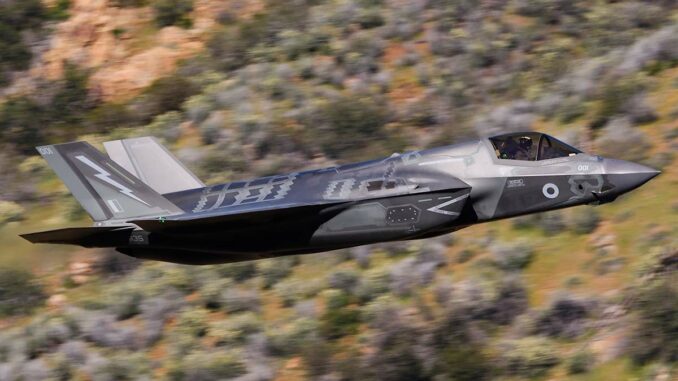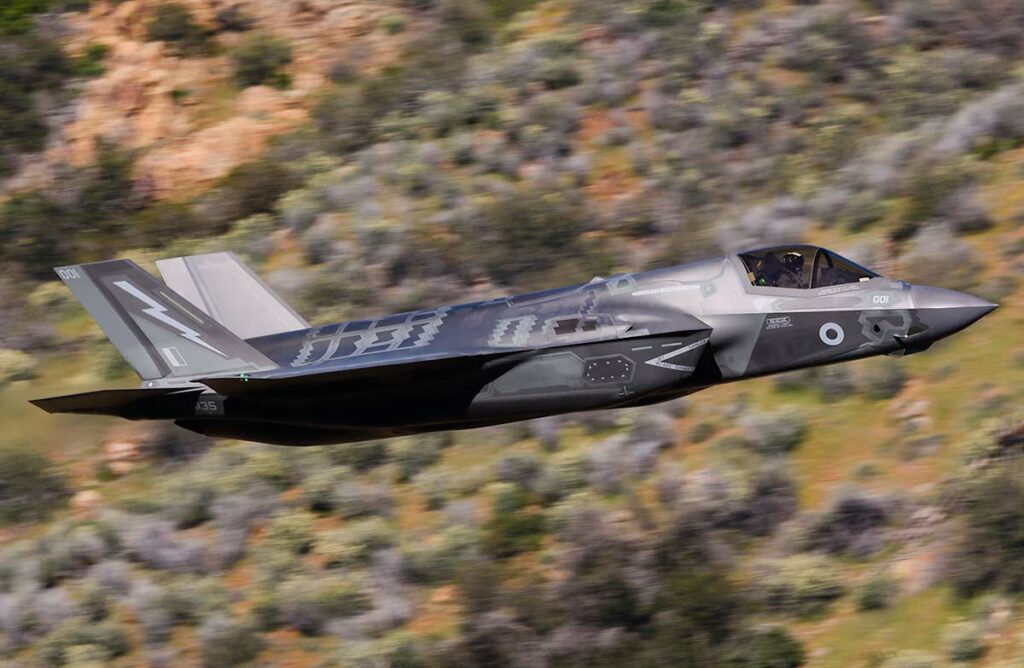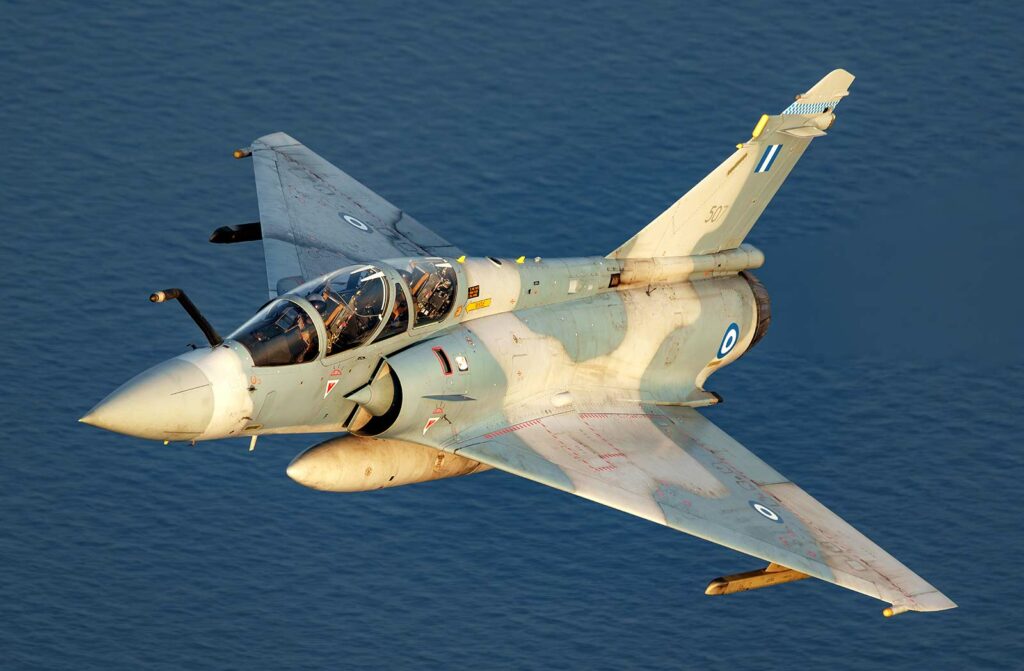
Analysis of the tensions between the United States and China over the sale of F-35s to the United Arab Emirates and the geopolitical implications.
Geopolitical context of F-35 negotiations in the Emirates
The United Arab Emirates (UAE) is seeking to strengthen its defense relations with the United States and China, creating a climate of uncertainty around the export of F-35 fighter jets to Abu Dhabi. This situation is exacerbated by the UAE’s recent engagements with China, notably their collaboration in the field of warplanes, as evidenced by the April meeting between the Chief of Joint Operations of the UAE Armed Forces and the Commander of the Chinese Air Force in Beijing.
At the same time, senior defense officials from the UAE and the USA met to discuss air defenses and technological cooperation, without however directly addressing the issue of Abu Dhabi’s acquisition of the F-35. This demonstrates the complexity of the negotiations and the challenges posed by China’s growing involvement in UAE defense.

Analysis:
- Geopolitical influence: The growing involvement between the UAE and China raises questions about the stability of US arms sales in the region.
- Technological implications: The potential presence of Chinese military bases in the UAE could compromise the security of sensitive US technologies, such as those for the F-35.
Implications :
The progression of defense ties between the UAE and China can be seen as a strategy by the UAE to diversify its military partnerships and reduce its dependence on the USA. This diversification is crucial for Abu Dhabi, which is seeking to secure its defense in a volatile region. However, it also raises concerns for the United States in terms of technology security and the preservation of its regional influence. The possible erosion of trust between traditional allies could limit the UAE’s access to cutting-edge US technologies, such as the F-35, which is crucial to maintaining air superiority in the region.
Impact of Rafale purchase and UAE fleet evolution
In 2022, the UAE has confirmed the purchase of 80 Rafale aircraft from France, suggesting an anticipation of the complexity or potential failure of the F-35 acquisition. This massive purchase represents a clear strategy to replace aging Mirage 2000s and maintain a robust air defense capability pending a possible transition to fifth-generation aircraft.

Analysis:
- Capability diversification: The integration of the Rafale increases the versatility of the UAE air force.
- Strategic readiness: This choice illustrates long-term planning in the face of uncertain F-35 deliveries.
Benefits :
The UAE’s Rafale acquisition offers several strategic advantages. Firstly, it enables a smooth transition of the fleet, while increasing operational capabilities with a modern, versatile aircraft. Secondly, it positions the UAE as an independent player in the region, able to negotiate with several major weapons suppliers. This diversification of supply sources strengthens the UAE’s national security, by enabling it to avoid dependence on a single supplier, in the face of unpredictable political decisions by traditional partners.
Disadvantages :
However, this strategy also entails risks. The main one is the high financial cost associated with purchasing and maintaining a diversified fleet, which could prove economically constraining in the long term. What’s more, managing different types of aircraft can pose logistical and operational challenges, requiring specific training for crews and adaptations to infrastructure and support systems.
War Wings Daily is an independant magazine.